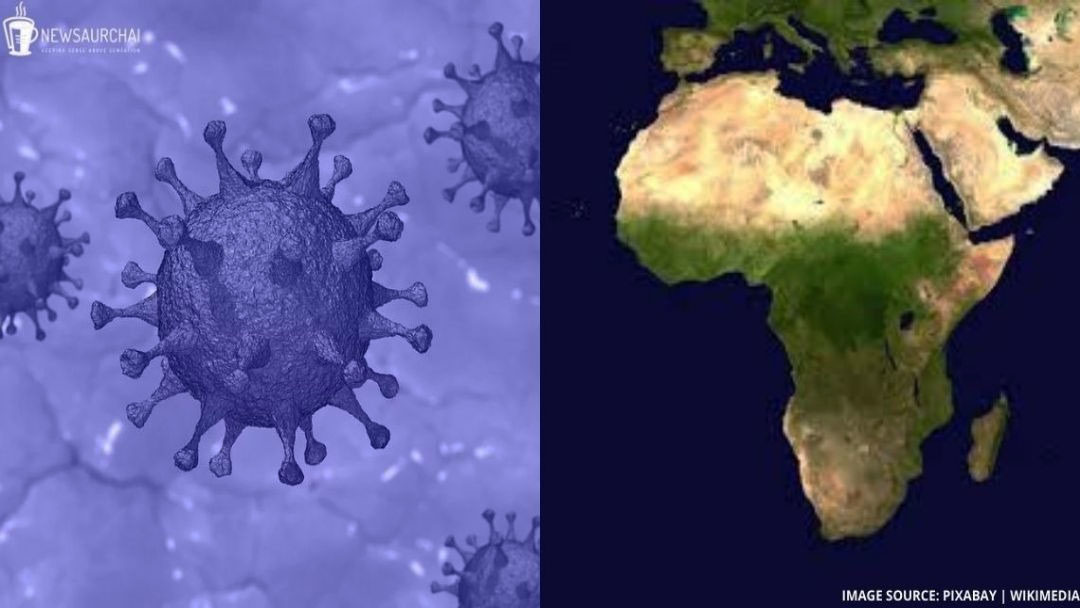
Africa must “wake up” to the COVID-19 threat and prepare for the worst, Tedros Adhanom Ghebreyesus, the First African head of the World Health Organization (WHO) has stated. Adding he said the continent should learn from other parts of the world where the virus has spread.
He warned that though the current confirmed cases in the African continent is low – over 1,000 cases in 40 nation – there is no reason for complacency.
From imposing travel ban to prohibiting mass gatherings and shutting down schools, governments across Africa are increasingly adopting extensive measures in a bid to curb the spread of the new coronavirus.
The emergency move came due to a sudden change in the pace, leading to a hike in the number of infected within a few days. As on March 23, 40 African countries had reported more than 1,00 cases and over 17 deaths due to COVID-19.
#SafeHand Social Media Campaign
The Presidents of African countries are all geared to show their citizens how to wash their hands properly and asked people to avoid handshakes and use alternative greetings. Presidents of Senegal and Rwanda, Macky Sall and Paul Kagame, have taken part in the agency’s #SafeHands social media campaign to show proper hand-washing practices.
I joined @WHO #SafeHands challenge. Handwashing is key to preventing the spread of #COVID19. I challenge President Kenyatta @StateHouseKenya, @Macky_Sall, @MagufuliJP, President Tshisekedi @Presidence_RDC, @CyrilRamaphosa, @BorisJohnson, @KGeorgieva to join in by sharing a video pic.twitter.com/udaVPCexCJ
— Paul Kagame (@PaulKagame) March 15, 2020
Since the onset of the new coronavirus, WHO had warned that the virus would severely affect those nations with weaker health systems. It pointed out that sub-Saharan Africa, where inadequate sanitation facilities, the proliferation of informal economy and urban crowding, pose additional challenges in the efforts to combat the highly infectious disease.
Residence and the authorities describe the situation of the informal settlement–where people are cramped together in one area with less access to water, so washing hands is an issue. Moreover, most of the people under such settlements live hand-to-mouth, wherein they don’t have any option but to go for work despite any symptoms.
Arrey of ban
Most of the African countries have closed education facilities along with travel ban. The government have urged employers to facilitate work from home for their staffs and called on people to make cashless transactions. However, constant power cut, lack of water are the concern and complaints of people.
Along with this, some nations in the African continent have suspended market days and night clubs are asked to remain closed for the next 30 days.
Though the country has arranged more than 35 isolation centres, inadequate equipment leave healthcare workers already lacking enough protective gear and training at risk.
Long-standing challenge
With Somalia reporting new cases of COVID-19, authorities are concern about the ability of the country to cope up with a potential outbreak.
Three decades of conflict, ongoing security challenges and under-resourced public health programmes will only mean that managing a crisis of the scale as of COVID-19 pandemic could leave this emerging yet fragile state crippled.
As to contain the spread, even countries with no confirmed cases have declared restriction, making the people complain about authorities for deepening the economic crisis and lack of basic services.
Will the experience of health crisis help Africa?
Experts state that with the continent having experience of a health crisis like that of Ebola outbreak in 2014-2016 that killed more than 11,000 people in West Africa will help in the fight against COVID-19.
Though Ebola was different from coronavirus, the continent has learned about the importance of prevention.
Despite all this, people worry about strained healthcare systems to handle a severe outbreak. They are also concerned about the effect of restrictions on the informal economy and the consequences of the pandemic on economies across the continent.





